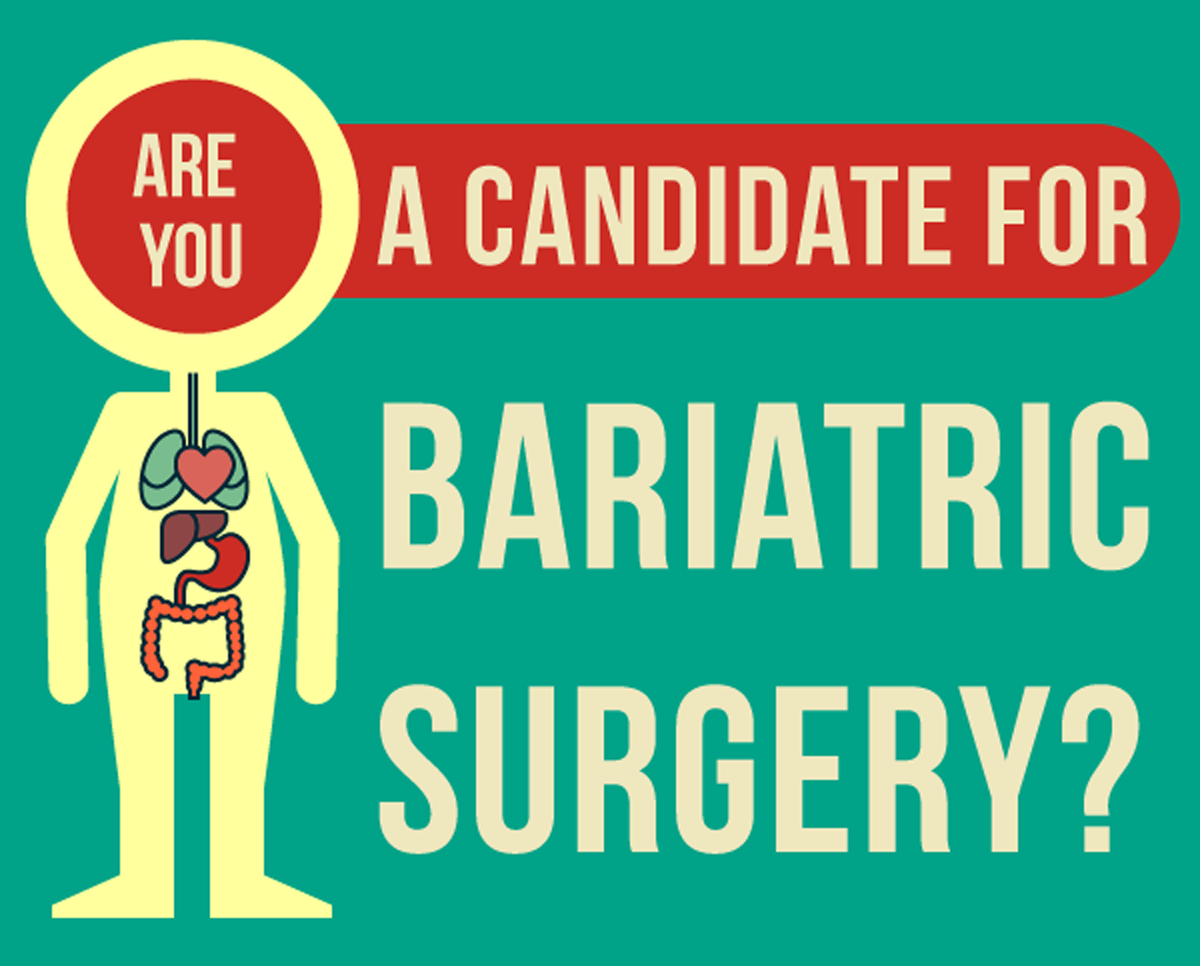Table of Contents
This procedure is performed by altering the digestive tract of patients and is being done as a weight-loss strategy by limiting how much a person can eat. There are many types of surgeries done to aid in weight loss and these are collectively known as bariatric surgery. Of these surgeries, the most commonly performed procedure is a gastric bypass as it's associated with fewer side-effects than other procedures.

Indications
Gastric bypass surgery is performed in order to help patients lose weight and therefore reduce their risk of developing life-threatening issues such as:
- Heart diseases such as strokes and heart attacks.
- Hypertension (high blood pressure).
- Type 2 diabetes.
- Severe obstructive sleep apnoea.
- Gastro-oesophageal reflux disease.
This procedure is limited to those patients who have tried other methods to lose weight but weren't successful. Other criteria which would need to be fulfilled by patients in order to have this procedure done are:
- Being morbidly obese - having a body mass index (BMI) of 40 or higher.
- Having a BMI of between 35-40 and being diagnosed with a serious weight-related condition such as those mentioned above.
- Having a BMI of between 30-35 and a life-threatening weight-related issue.
Types of procedures
- Roux-and-Y - this is the most common gastric bypass procedure, and is typically irreversible as the capacity of the stomach is reduced by sealing the top of the stomach off from the rest. The small intestine is then cut and attached to this new pouch.
- Biliopancreatic diversion with duodenal switch - here, 80% of the stomach is removed and most of the small intestine is bypassed.
- Laparoscopic adjustable gastric binding (LAGB) - an inflatable band is placed over the upper-most part of the stomach to reduce its capacity.
- Vertical banded gastroplasty - the stomach is divided into 2 parts restricting the amount of food which can be eaten. Major weight loss doesn't occur here and is therefore not such a popular option.
- Sleeve gastrectomy - this is a newer procedure where the stomach is shaped into a tube so as to absorb less calories.
READ Treat Obesity With Gastric Bypass Surgery
Risks
Gastric bypass and other weight-loss surgeries can be associated with certain risks. They can include the following issues:
- Post-operative infection - if this occurs, it would be noticed on the 3rd day after surgery.
- Excessive bleeding - during or after the procedure.
- Thromboembolic events - the risk of developing a deep venous thrombosis/clot in the lower legs increases in obese patients. The risk is also increased after any surgery. Preventative measure would need to be followed by the doctors involved as a clot in the legs can break off and lodge in the pulmonary arteries. This is called an embolus and results in a reduced blood flow to the lungs which could be fatal.
- Adverse reaction to anaestheisa - also, during of even after the procedure.
- Leaks in the gastrointestinal system - as a direct issue related to the surgery.
- Respiratory related issues - such as adult respiratory distress syndrome (ARDS) or the mentioned pulmonary embolus.
Long-term complications
These would depend on the type of surgery which is done and may include the following issues:
- Dumping syndrome - occurs due to certain parts of the stomach being removed and is associated with nausea, vomiting and diarrhoea.
- Formation of gallstones.
- Bowel obstruction - mostly due to adhesion formation in the operated areas.
- Stomach perforation.
- Stomach or duodenal ulcer formation.
- Hernias - usually involving the surgical sites.
- Hypoglycaemia (low blood sugar).
- Malnutrition - due to malabsorption as a result of specific parts of the small intestine being removed. The most common deficiencies are those of vitamin B and iron.
- www.medicalbrief.co.za/archives/diarem-predicts-cure-of-type-2-diabetes-through-surgery/
- www.mayoclinic.org/diseases-conditions/diabetes/basics/complications/con-20033091
- www.mayoclinic.org/tests-procedures/bariatric-surgery/basics/definition/prc-20019138
- Photo courtesy of
- Photo courtesy of
- Photo courtesy of


Your thoughts on this